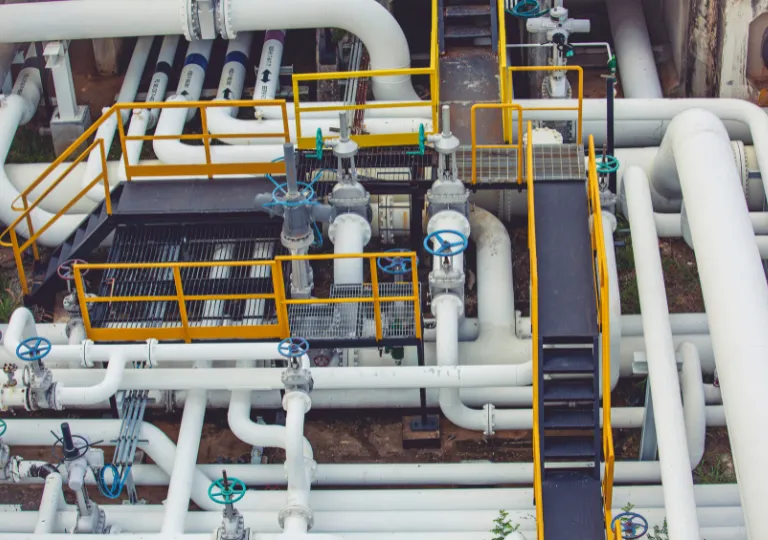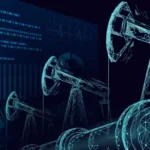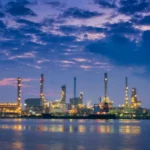The oil and gas industry relies heavily on structural steel for its various operations and infrastructure needs. From flowlines to storage tanks, pressure wells to platforms, steel plays a vital role in ensuring the efficiency, durability, and safety of operations.
Let’s delve into the different types of steel used in the industry and how they enrich its functionality:
Stainless Steel
Stainless steel stands out as a preferred material in the oil and gas sector due to its exceptional resistance to rust and corrosion. Its versatility makes it ideal for creating pipes, heat exchangers, and parts for underwater environments, where harsh conditions prevail. Its reliability and durability make it indispensable for constructing solid structures critical for various projects.
For fact major spare parts that Breezes supply are of stainless steel, which is most durable and doesn’t corrode in long run.
Duplex Stainless Steel
Renowned for its resistance to corrosion and high-pressure environments, duplex stainless steel finds widespread use in storing liquids and gases and in deep wells. Its robust composition ensures superior strength and performance, making it a top choice for demanding applications within the industry.
Forged Steel
Forged steel emerges as a stalwart in the construction of heavy machinery on oil platforms and offshore rigs. Its durability and resilience make it indispensable for withstanding the rigors of these challenging environments, ensuring the reliability and safety of operations.
Engineering Steel
Engineering steel, prized for its high quality and strength, finds extensive application in manufacturing shafts, bearings, and machinery vital for oil and gas operations. Its reliability contributes to the efficiency and safety of equipment used in the industry.
Carbon Steel
Carbon steel, valued for its durability and resistance to degradation, finds widespread use in oil and gas extraction activities. Its versatility makes it an ideal choice for constructing pipelines, platforms, and other essential equipment required for operations in the field.





